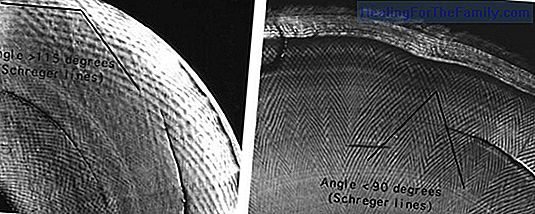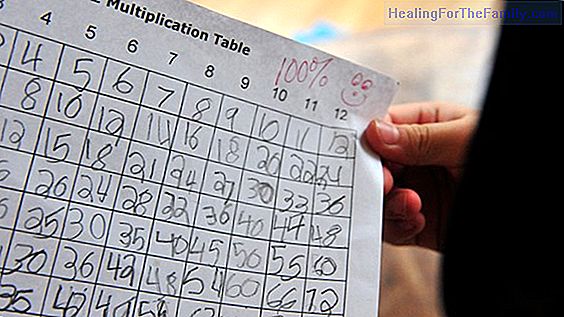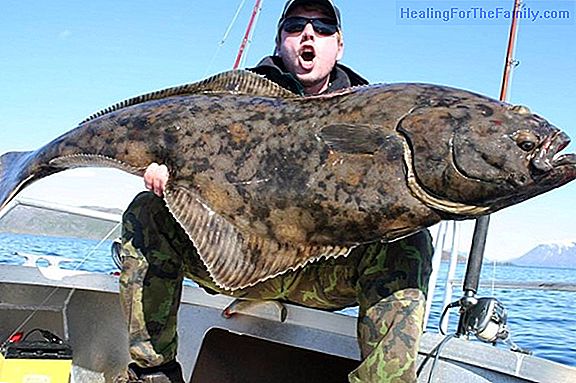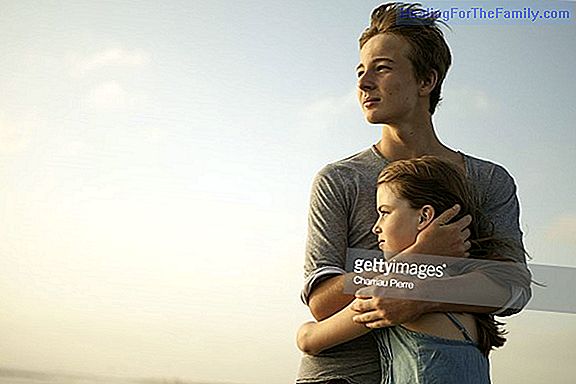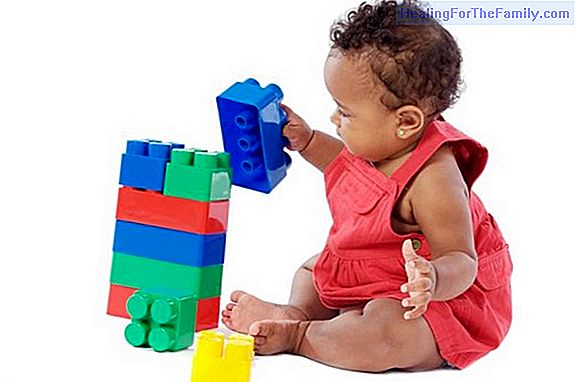How to discipline and punish children according to their age
Children must learn that certain actions that are carried out have consequences, and that sometimes these consequences are not pleasant. Punishment should always be the last resort that parents have to apply to this type of disobedient or challenging behavior of children. Moreover, we should not rea
Children must learn that certain actions that are carried out have consequences, and that sometimes these consequences are not pleasant.
Punishment should always be the last resort that parents have to apply to this type of disobedient or challenging behavior of children. Moreover, we should not react the same if it is a baby who has committed a fault that a primary school child, so we give you guidelines to discipline or punish children according to their age.
How and when to punish children

If adults want children to learn to respect rules and limits, the first thing to do is try to be an example to follow and act by reinforcing the appropriate behaviors of the children whenever possible. .
However, there are times when it will be necessary to teach childrenthe negative consequences of their actions and one way to do so will be to use punitive punishmentsand to do so rationally with the aim of educating the children. To achieve this we must bear in mind that:
- It should never be detrimental to their self-esteem.Punishment should not be understood as a way of making children feel bad but as a consequence of a certain action.
- When applying the punishment it is necessarythat the children understand why, and understand what happens when certain actions are carried out.
-Punishment should be understood as a deal.That is, what we have to do to get something, or things that should not be done to let go of the negative consequences.
Ideas to discipline or punish children according to their age
As we already know communication and positive discipline are the fundamental tools that should be used in the education of children. However, there are times when it will be unavoidable for adults to resort to punishments so that children learn between what is ben and what is wrong. For the punishments to be effective, it is important that the age of the children be taken into account.
- From 2 years to 5 years
In this pre-school stage it is important that the punishments are applied immediately so that the child understands that the punishment is related to their bad behavior. At these ages the following punishments may be carried out:
- Speak to them with a firm and energetic tone. At this age children are very susceptible to the tone of voice with which they are spoken. Therefore, addressing children seriously helps them to know that they have not acted correctly. For this to work, you have to use this technique moderately. That is, not be all day screaming.
- Withdrawal of privileges. At this age, when you are not more than five years old, the withdrawal of a favorite toy will be a punishment in which the child will see clearly that his bad behavior has consequences.
- Over-correction. It will be after 3 years in which consequences based on reinforcement are used and it is useful to end those "bad" behaviors that the child continues to make after trying other techniques that have not worked.
- Thinking chair? We must ask ourselves if it is really an effective technique for such small children. It is a method widely used in day care centers, and at home. But we have to ask ourselves before carrying it out if the child at that age is able to maturationally think about what he has done and reach positive conclusions.
- Time out. It is an effective technique in the face of aggressive and disobedient behavior. It is about moving the child away from the situation where he has committed a bad action by giving him the opportunity to calm down outside the place where everything happened. (different from the "thinking chair.") The length of time outside will vary depending on the age of the child, so we will try to apply no more than one minute per year. The child should not be permanently out at a time.
- From 5 to 12 years old
At these ages children are more aware of everything. Among those that were already in the previous stage we can continue using the over-correction. The withdrawal of privileges will also continue to be effective, but changing some nuances: No - Do not watch TV, your favorite drawings.
- Do not go to the park to play. Doing this if the child has for example three years would be unfair.
- Unable to use the Tablet. Se - The time is still used outside as it is still useful until 10 years old
- After 12 years
When the children are in their teens it is necessary that the withdrawal of privileges change again. This time, it will be effective that:
- Do not go out the weekend with friends.
- Do not use the mobile
- Restrict social networks.
At the time of applying all these punishments, it must be taken into account that in order to be educational, they must be coherent, exceptional and balanced.



